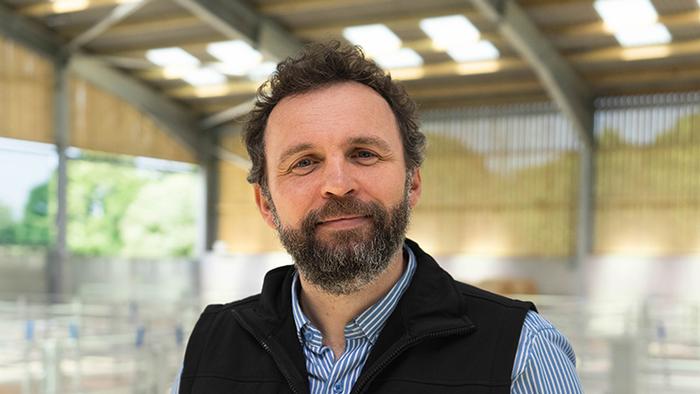Plans to develop the UK’s first School of Sustainable Food and Farming at Harper Adams University, in Shropshire, are in progress.
Supported by Morrisons, with co-partner RAFT Solutions Ltd, the school will draw on academic and practical expertise, as well as industry networks, to develop knowledge and skills for farmers and other businesses in the supply chain, who are all committed to reducing the environmental impact of food production.
The school will support and further develop production systems research geared towards more sustainable farming. Research topics initially will include: livestock breed choice, diet composition, yield improvement, agricultural building design, on-farm renewable energy, precision farming, sensors and use of data.
“We are extremely excited to team up with Morrisons and RAFT Solutions to deliver this critically-needed collaboration which will support the transition to a more sustainable food system delivering to both human and planetary health,” said Professor Michael Lee, Harper Adams deputy vice-chancellor.
“The initial targets will be centred around how to achieve net-zero UK agriculture. However, the ambition of the school will include wider aspects of sustainability including biodiversity, animal welfare, rural community support, green energy production and farm profitability.”
“The pressures on farming and farmers are intense but there are win-win opportunities where better animal health and welfare are better economically as well as better for the planet,” said Prof. Jonathan Statham, chief executive of RAFT Solutions Ltd and Professor of Sustainable Livestock Health and Welfare at the Harper & Keele Vet School. “Reducing the waste of poor health and reproductive inefficiency alongside delivering practical precision livestock farming (PLF) solutions is where our work supports sustainable farming.”
And Sophie Throup, head of agriculture at Morrisons, said: “We are making a significant investment into this project as part of our pledge to be the first supermarket to be directly supplied by net zero carbon British farms by 2030. We look forward to working as a partnership and to bringing the best brains together within the industry – to provide this new breadth of sustainability training for our British farmers.”




